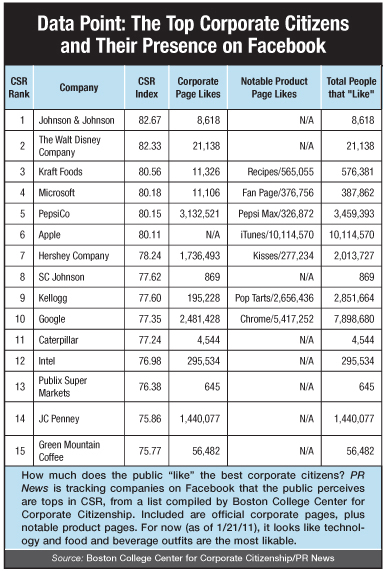 |
â–¶ Trainers’ Social Media Reservations: Informal learning—learning that takes place independently from structured instructor-led classes or course-specific work—via social media is on the rise, but corporate training leaders cite concerns about security, productivity and quality of source, says a new study by The CARA Group. Key study findings include:
• Informal learning is a vital tool in employee training; 90% of respondents encourage or support it in some way.
• According to participants, informal learning is most useful when the format is social and in-person rather than individual and isolated from peers.
• 81% of respondents feel social media offers valuable learning opportunities for employees.
• 98% of respondents agree that social media is changing how employees are learning and accessing information.
Source: The CARA Group
â–¶ Computer Nerds Volunteer—Religiously: The stigma that heavy Internet usage creates lonely, reclusive people blogging in a dark room may require rethinking. Web users, and especially social networkers, are more likely to be active in volunteer organizations than those who don’t go online, according to a new report from the Pew Research Center. Key findings include:
• Of all Web users surveyed, 80% participate in groups versus 56% of those who don’t use the Internet. On social networks, it’s slightly higher, and on Twitter in particular, 85% are active in groups.
• Facebook, employed by 62% of Internet users, was the most popular digital networking tool used by groups—much more so than Twitter, used by 12% of Internet users. Of those respondents active in groups, 48% had a page on a social networking site, while 30% of respondents had their own blog and 16% communicated with other group members via Twitter.
• Internet users are more active participants in their groups than other adults, and are more likely to feel pride and a sense of accomplishment about their group’s activities.
• Also, based on the survey’s results, the notion that today’s perpetually connected culture is exorcising religion may be flawed. Heavy Internet users are slightly more likely to go to church or participate in organized spiritual or religious functions than people who aren’t online. PRN
Source: Pew Research Center
